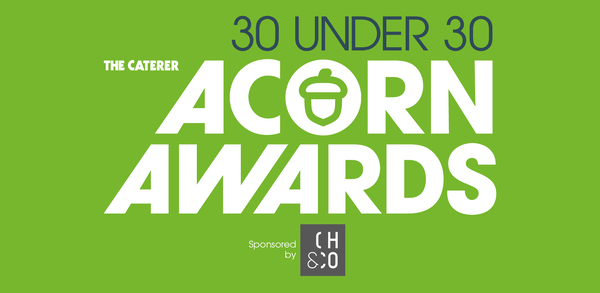US restaurant group reverses no-tipping policy
A US restaurant group that last year abolished tipping has quietly reintroduced the practice.
Joe's Crab Shack announced in November 2015 that it would switch to a no-tipping policy at 18 of its outlets nationwide after the chain's parent company declared that "tipping is an antiquated model".
It increased prices at participating restaurants to ensure that employees received higher wages but assured diners that the extra cost would be "typically less than the average 20% tip", according to the Los Angeles Times.
Now, however, it has reverted to tipping in all but four of the restaurants.
Commentators explained that the return to the old model had much to do with how consumers perceived the cost of a meal in the restaurant.
The paper quoted Mike Lynn, a professor of consumer behaviour at Cornell University School of Hotel Administration, who pointed out that in the mind of a potential customer, 20% higher menu prices would be seen as a lot more expensive than a restaurant with 20% lower prices but where a 20% tip to the server is customary.
"Is that rational? No," Lynn said. "But it's what people think."

The consultation follows a review ordered by business secretary Sajid Javid last year after negative publicity regarding how some casual dining groups administered the discretionary service charge it added to customers' bills.
Javid said on the publication of the report last month: "We want workers who earn a tip to be able to keep it. That's why I, like many others, was disappointed by the tipping practices of some of our well-known chains. This has to change."
The review of tipping practices states that discretionary payments for service in restaurants, hotels and bars should go to workers and not their employers. It suggests that charges imposed on staff tips by employers should be scrapped or limited (except for those required under tax law), and that service charges on customers' bills should also be clear and voluntary.
The Government is also considering:
• whether to ban or restrict the levying of table sales charges on staff - a fee paid by waiting staff based on their sales during a shift;
• how to incentivise and increase the prevalence of well-managed tronc systems;
• updating the current voluntary code of practice and putting it on a statutory footing to increase employer compliance
Some commentators in the UK have pointed to new model in the US, such as that adopted by Joe's Crab Shack and restaurateur Danny Meyer that did away with tipping altogether, as a possible answer to the complicated UK system.
However others have warned that the price increases involved in abolishing tipping and service charge, while ensuring that employees still earned as much as they currently do, would be unpalatable to the consumer.
The UK Government's consultation on its proposals for tipping, service charge and tronc ends on 27 June this year.
Tips, service charges and troncs: what the government proposals mean for hospitality >>
Government's short consultation period for tips and service charge leaves operators outraged >>
Restaurants may be forced to hand over all tips to employees, following government review >>
Latest video from The Caterer


















